Winter Ecology
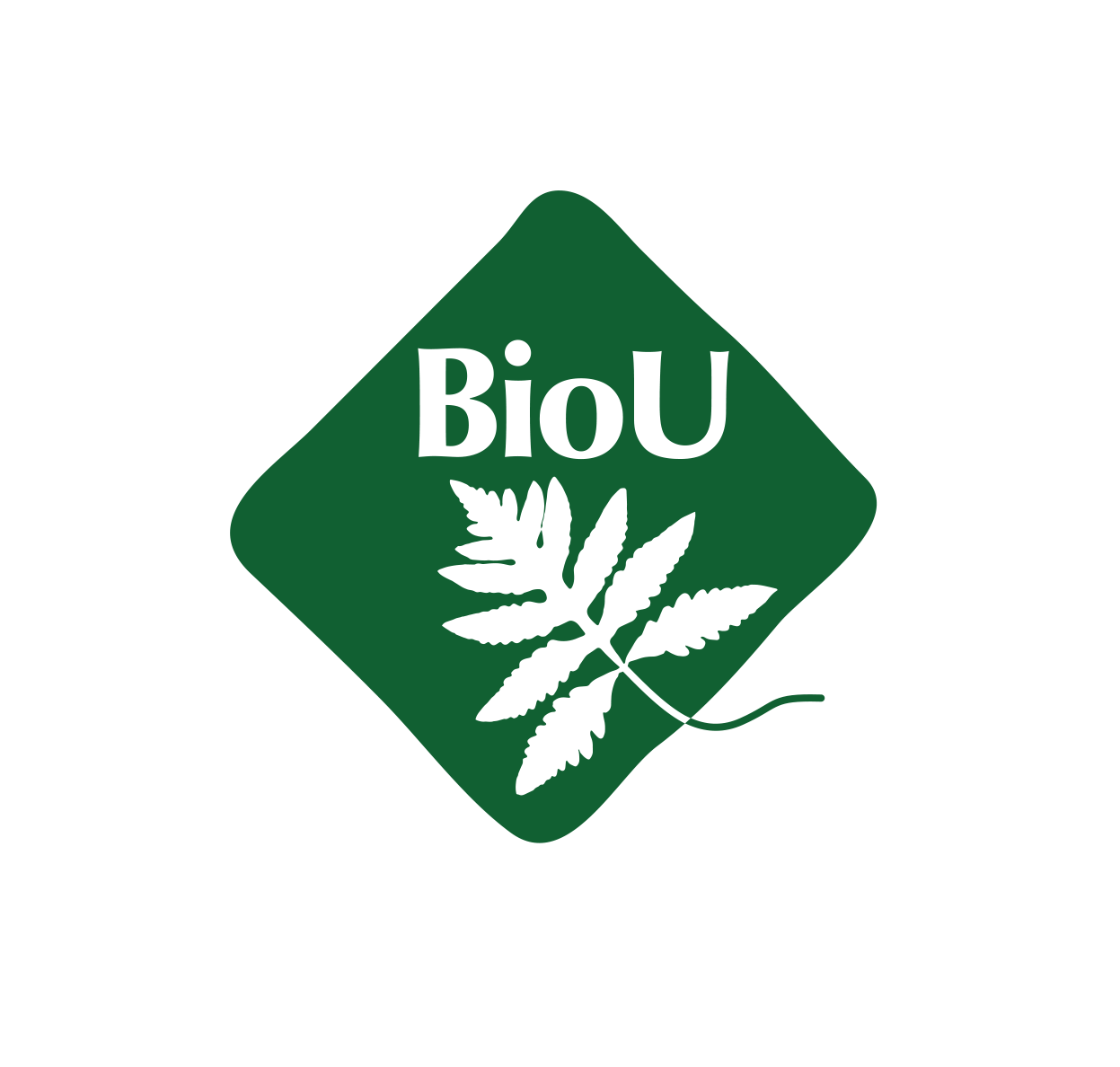
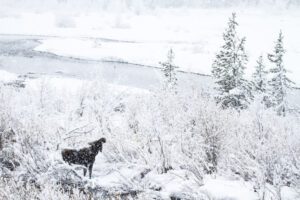
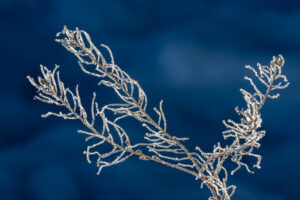
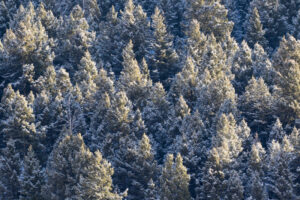
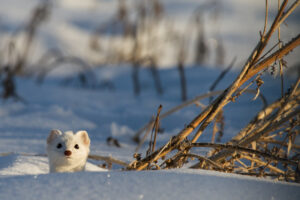
Instructor: Jason Mazurowski
February 24 - 25, 2024 | $285
Course size: 12 students
Financial support available (contact us)
F
or many in the Northeast, a typical winter day might consist of hunkering down next to a wood stove or careening across mountain slopes. But out there in the cold, dark woods, our native flora and fauna undergo bizarre transformations, embark on remarkable journeys, and withstand extreme conditions until longer days arrive.
This class is designed for those who wish to embrace the cold — to explore, understand, and appreciate the subtleties of the winter world that are so often overlooked.
Students will learn to read Vermont’s winter landscape, from the ice age relics that still inhabit our alpine summits, to the warming waters of Lake Champlain. The course will feature one day of instruction at North Branch Nature Center, followed by a day in the field exploring the Woodbury Mountain Wilderness Preserve on snowshoes.
Classroom topics will include an overview of New England’s climate and geography, a discussion of plant and animal survival strategies, and a brief tutorial on how to remain safe, warm, and comfortable while exploring the woods in winter. Field topics will include snow science, winter tree ID, and an introduction to wildlife tracking. While it may seem like an eternity before the woods come alive again with songs of warblers and the buzz of bumblebees, once we know where to look, there’s much that we can learn from the tenacity and resilience of the year-round inhabitants that call the winter world home.
Course Goals & Objectives
- Become familiar with New England's geography, climate, and weather patterns and how they shape the winter landscape.
- Explore the diversity of life that has adapted to deal with the stressors of Vermont’s long winters.
- Learn how to be safe and comfortable in extreme winter weather.
- Practice winter tree identification and wildlife tracking skills.
- Learn basic snow science principals.
- Discuss how climate change may impact Vermont’s winter weather, and how the local ecology may adapt to more extreme conditions.
About the Instructor
Jason Mazurowski is an ecologist, naturalist, and adjunct instructor at the University of Vermont where he teaches courses in pollination ecology and field science. Much of Jason’s recent work has focused on studying native bee populations, and he is currently establishing a small native plant nursery at his home in Woodbury. In addition to co-instructing a Winter Ecology field course in Maine with author and naturalist Bernd Heinrich, he has experience as a backcountry guide leading dogsled expeditions in the Minnesota’s boundary waters. In the summer, he can usually be found biking, hiking or running through the mountains of northern New England. During winter months, Jason spends much of his time baking bread, backcountry skiing, and writing. Jason earned bachelor’s degrees in geology and environmental studies from SUNY Buffalo, and a master’s degree from the University of Vermont’s Field Naturalist Program.
Physical Requirements
Participants must be able to walk on snowshoes 3-4 miles over the course of a day, off trail over uneven and potentially muddy terrain. Participants should be comfortable outside in potentially cold, wet, snowy, or icy conditions for long periods of time. Please reach out to us if you have any questions about mobility and/or other accessibility needs.
Recommended Reading
- Winter World by Bernd Heinrich
- Life in the Cold by Peter Marchand
Meals
Participants should bring their own lunches and snacks.
Timing
Course begins 9 AM on Saturday at North Branch Nature Center and concludes by 5 pm. Course begins on Sunday at a time of the instructors' choosing in Woodbury, Vermont (details TBD). Course concludes by 5 PM on Sunday.
Academic Credit / Professional Development
This course may qualify for 1 graduate-level credit for an additional $200 course fee. All BioU courses may be accredited by Castleton University. Participants interested in receiving credit must contact us at one month in advance so we have time to arrange course accreditation.
It is the student’s responsibility to ensure that home institutions will accept the credit. Participants pursuing academic credit will be required to complete an additional assignment above and beyond the course hours, including literature review, reflective writing, or a field-based project.
This course qualifies for 20 hours of professional development hours and continuing education units. Certificates of completion are provided at the conclusion of the course.
Cancellation Policy
While we realize that unexpected circumstances arise that are out of our control, North Branch Nature Center cannot guarantee refunds for registrations cancelled within 30 days of the course. If a cancellation occurs within this window, NBNC will attempt to fill the space from our wait list and provide a full refund. If the course needs to be cancelled by NBNC, we will provide a full refund.

713 Elm Street
Montpelier, Vermont 05602
(802) 229-6206
Hours: Center Open Monday-Friday 9-4
Trails Open 24/7


